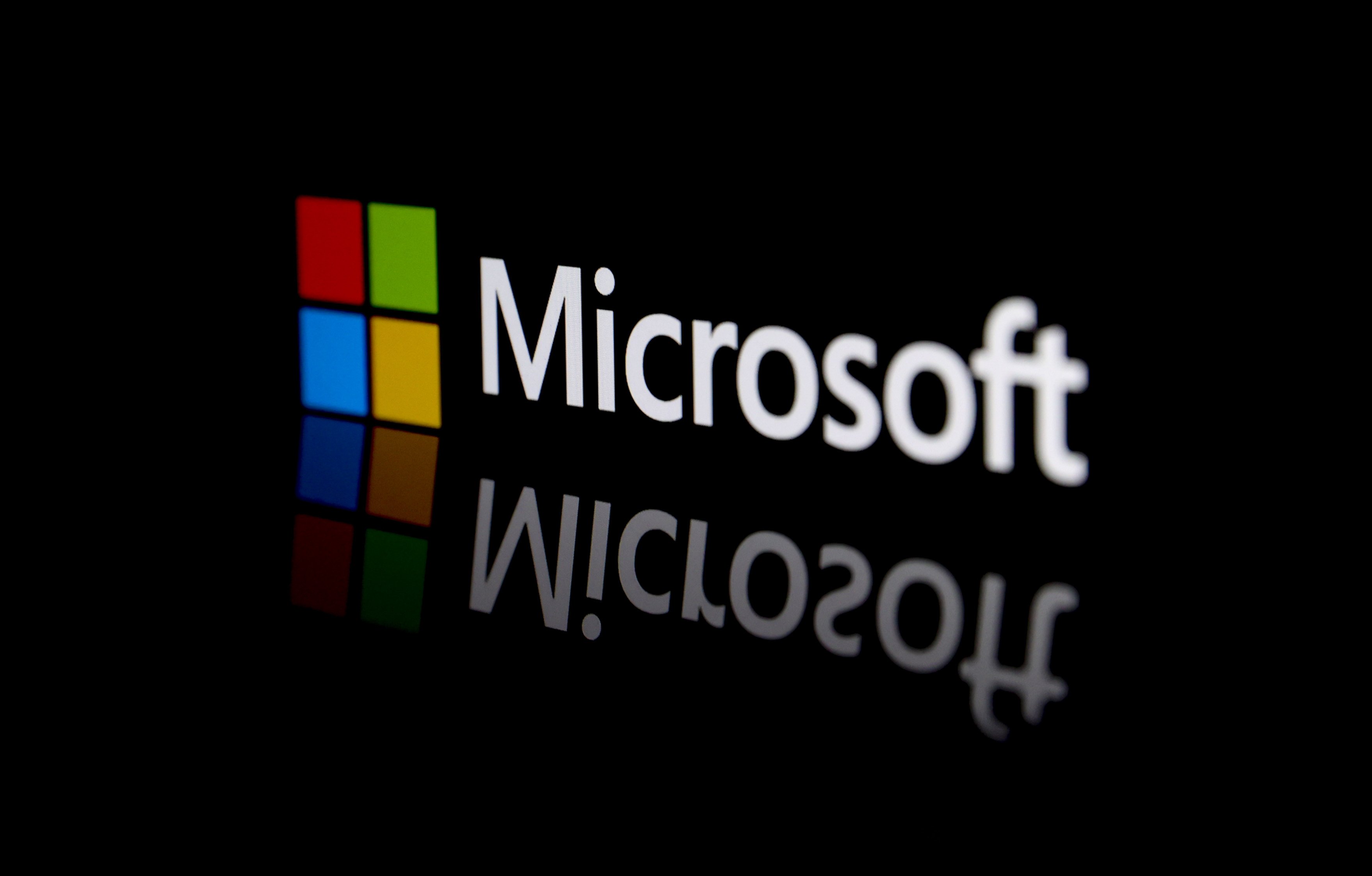Nokia (NOK +2.23%) currently sits between a rock and hard place. Its feature phone business is feeling the effects of the smartphone revolution, and its smartphone business isn't necessarily knocking it out of the park. Between the two, it's safe to say that Nokia is lagging behind the competition, forcing it to make up for lost time. To compensate, Nokia has taken a rather aggressive approach in the way that it prices its smartphones relative to the competition. Focusing primarily in the emerging-market segment as its bread-and-butter opportunity, Nokia seems determined to give the competition a run for its money within markets that have lower smartphone saturation. However, it doesn't necessarily guarantee the company's success, especially for a company that's in Nokia's difficult position.
More pain ahead
Between its feature phone business and its smartphone business, Nokia is currently fighting a war on two fronts. Unfortunately, Nokia's feature phone business has one foot in the grave. IDC is forecasting that 2013 will be the year that smartphone shipments will surpass feature phone shipments for the first time. In other words, we're right on the cusp of the beginning of the end for feature phone shipments. Considering Nokia's feature phone business made up over 50% of the company's device revenue last quarter and it commanded a higher gross profit margin than its smartphone business, Nokia faces structural headwinds in the years ahead as the industry transitions away from feature phones.
Having largely missed the boat on the smartphone revolution, Nokia was practically forced into partnership with Microsoft (MSFT 0.83%), which happens to share the same lack of success in smartphones. Together, this underdog couple hopes it can wage war in the smartphone market against the smartphone juggernauts, Apple and Google. On the surface, this partnership gives me the sense that it's a mutually beneficial arrangement. Nokia benefits from the support of a player with deep pockets like Microsoft, and Microsoft benefits from having an experienced OEM in its corner. However, once you dig deeper into the nature of this partnership, you quickly realize that Nokia is getting the short end of the stick.
Back-stabbing partner
In a recent filing with the SEC, Nokia admitted what many investors have already feared. Should Microsoft at any point decide that Nokia is not living up to its expectations, it could begin releasing smartphones on its own, which could be "detrimental" to Nokia's business model. This is not necessarily new news, but it marks the first time Nokia has publicly admitted it's at the mercy of Microsoft. The worst-case scenario for Nokia would be that Microsoft learns all it can from Nokia and then dumps it. What next, Android? Something tells me that wouldn't go over well with investors.
The nail in the coffin
Not only does Nokia have to deal with the threat of the feature phone dying and Mr. Softy dumping it, Samsung is about to release a $100 unsubsidized smartphone for the Indian market. Folks, the race to the bottom is officially here, and although Nokia's current smartphone portfolio is priced aggressively, increased competition from bigger players poses a serious threat to Nokia's future profit margins. This game of chicken will put all OEMs fighting for the lowest common smartphone denominator at risk of razor-thin profit margins. In an all-out price war, Android has the advantage against Windows Phone 8 since it gives away its license for free. Overall, Nokia seems to have the most to lose since it really needs to find an effective way to compensate for the decline of its feature phone business.
When the music stops
As investors, it's always a valuable exercise to consider the major risks that a company faces while pursuing its growth strategy. In the context of Nokia, there are many threats that remain largely unaddressed, which should cause concern for investors even at this depressed level. I'm left with the feeling that Nokia is currently under attack from all angles. For the sake of its future, I seriously hope the company truly understands the magnitude of what it's up against.









